Louisa F.
Content Writer (I’m a Network Administrator at OperaVPS, where I’ve been supporting users and maintaining stable RDP connections since 2022. I enjoy helping people navigate networking challenges, whether it's configuring firewalls, forwarding ports, or troubleshooting connection issues. My goal is to make technical steps clear and manageable for everyone. especially when it comes to keeping your remote desktop experience smooth and secure.
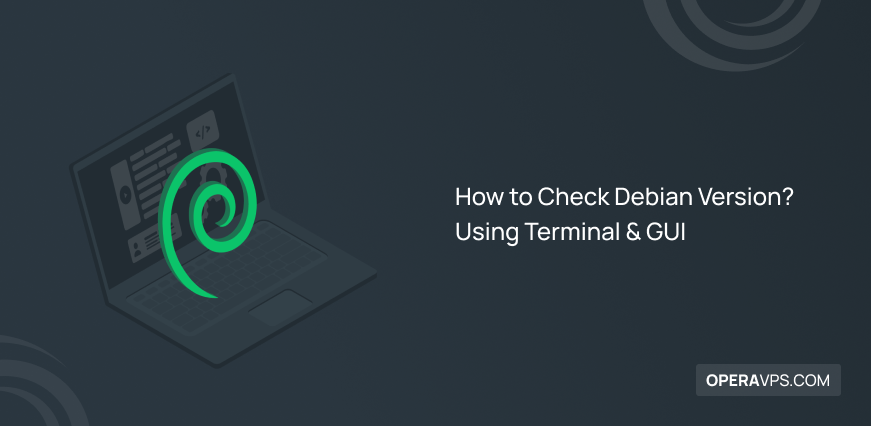
How to Check Debian Version?
Knowing your Debian version is crucial for various reasons. It helps you find compatible software, check for updates specific to your release, and troubleshoot any issues that might arise. Thankfully, checking your Debian version is a straightforward process, and there are several ways to do it. Here’s a breakdown of three simple methods: 1. Using […]
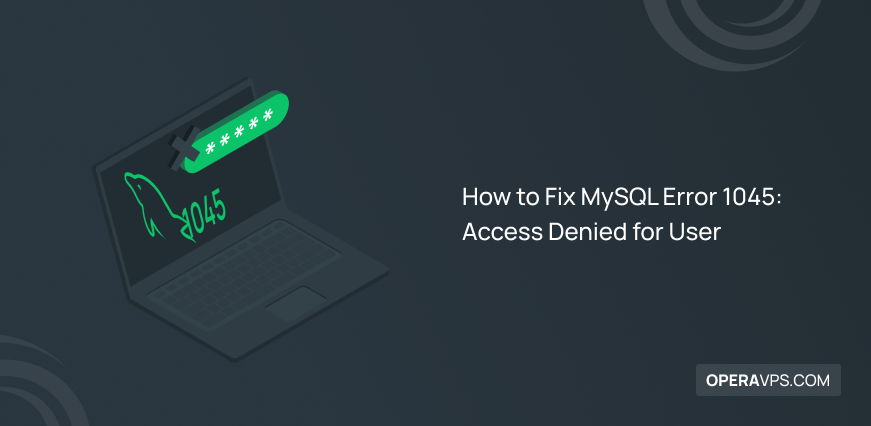
How to Fix MySQL Error 1045: Access Denied for User
The Access Denied errors usually occur when the server believes you are not permitted to take your considered action. One of these situations is when logging in to the MySQL server. In this article, you will learn How to fix MySQL Error 1045 and be able to access your database files. Not having the correct […]
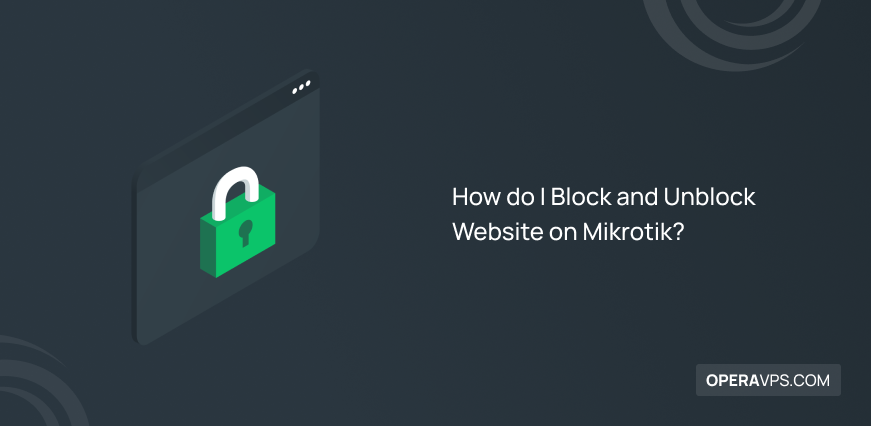
How do I Block and Unblock Website on Mikrotik?
Sometimes, a Mikrotik administrator must block social media websites like Facebook, YouTube, Twitter, Telegram, Netflix, etc. Also, it is sometimes required to block all websites except one. This article covers three different methods to Block Website on Mikrotik. In contrast to other firewall devices, MikroTik Firewall automatically permits all websites. Therefore, you must construct a […]
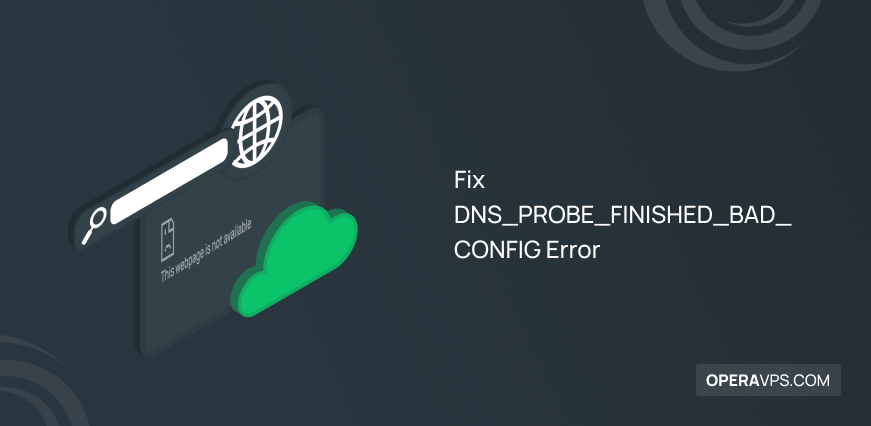
Fix DNS_PROBE_FINISHED_BAD_CONFIG Error [13 Methods]
If, during online browsing and attempting to access a specific website, the browser fails to resolve the website domain name to an IP address and encounters issues connecting to the web server, it displays the DNS_PROBE_FINISHED_BAD_CONFIG error message. Various factors influence website access, and they load the website content together. If any of these elements […]
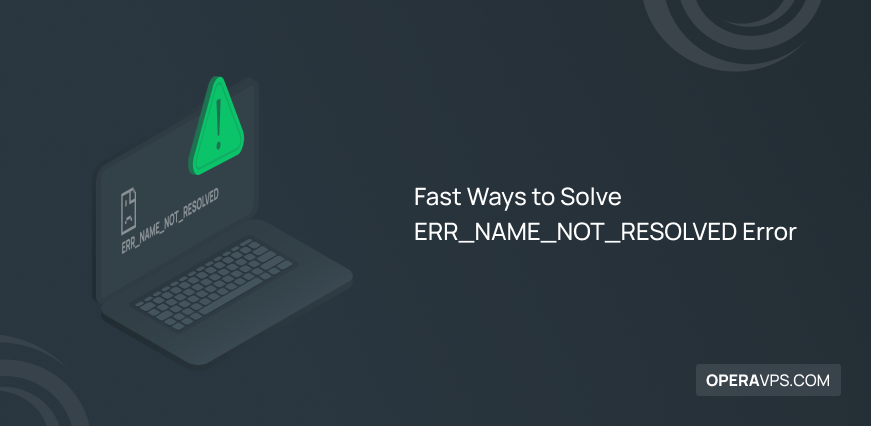
11 Fast Ways to Solve ERR_NAME_NOT_RESOLVED Error
Join us with an article series of teaching how to solve an error. To visit a friend, you need their address. If you do not find the address, you get lost. Same in the digital world, while visiting a website, you might face an error. At the end of this guide, you will learn How […]
